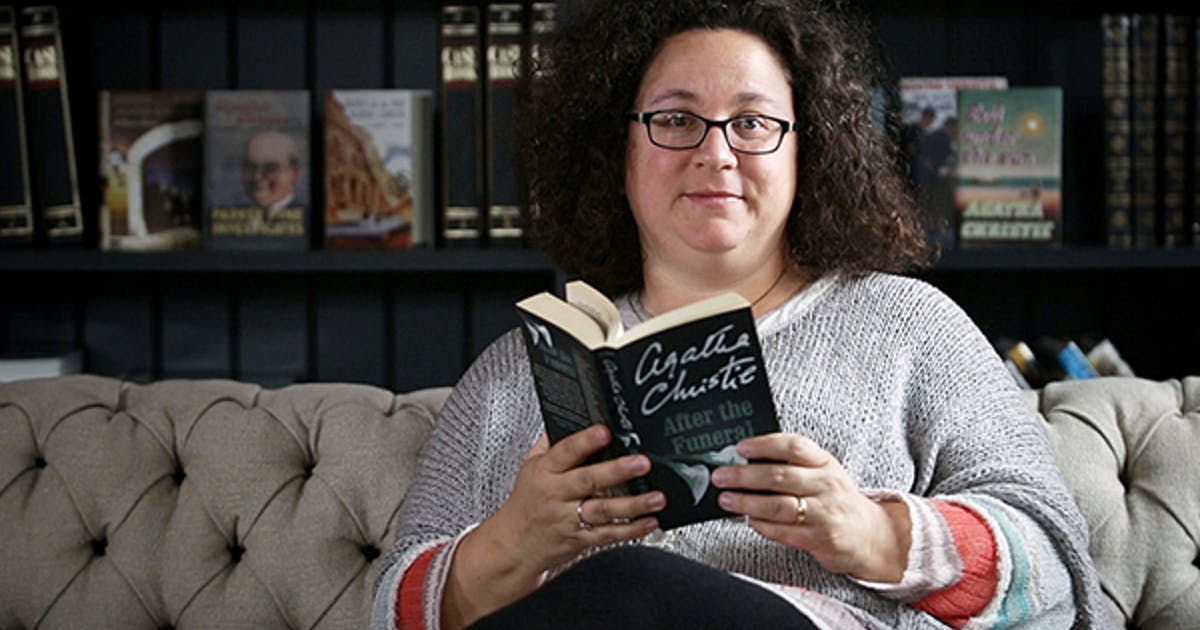British novelist Sophie Hannah, in an interview with G20, talks about her latest book The Killings at Kingfisher Hill, the art of writing thrillers, and if she revisited any Agatha Christie novel for writing a new Poirot mystery.
Q. You’re back with the fourth Poirot mystery. Do you ever re-visit any Agatha Christie novels before you start writing?
A. As a lifelong and totally obsessed fan, I’m always re-reading Agatha Christie’s novels so I don’t have any particular re-visiting schedule before I start to write a new Poirot. I dip into my collection on a regular basis and while I suppose you could call it research, to me it’s pure pleasure!
Q. In this book too, you’ve stayed very true to building Christie’s Poirot and the other characters. How easy or difficult is it to do that?
A. I have always firmly believed that Poirot belongs to Agatha Christie; I’m just a new person who’s working with him and I’ve never wanted to appropriate or change him in any way. There’s a reason he’s so well loved by readers and I wanted to keep him, and all of this brilliant idiosyncrasies, totally in tact! I’ve become so familiar with Poirot over the years that I do find him easy to write – he’s like an old friend!
Q. You’ve also brought back Christie’s complicated and dysfunctional family in this novel.
A. A fascination with dysfunctional families and the harm they can inflict on their members is something which Agatha and I have in common. As a writer, I’ve long been interested in how particular dynamics within families can play out – my first ever crime novel Little Face, for example, features a woman convinced her husband has swapped their new baby for another, even though he insists she’s either lying or mad. The exploration of the various, complex and ever-evolving relationships that exist within families make for rich and wonderful stories and Agatha made brilliant use of this in many of her books: After the Funeral, Hercule Poirot’s Christmas, Crooked House and The Hollow, to name a few. It’s a preoccupation
Q. Building the suspense is not easy every single time. What do you keep in mind when doing this?
A. I think that form related fear works really well in fiction. It means that for the first three quarters of the book, you are desperate to find out, and then when it starts to approach the end and you are going to find out, the excitement comes from a different source; do I actually want to know? The feeling in life is from the possibility of receiving bad news, but in a crime novel it’s from a different source, ‘I have so enjoyed not knowing and being in suspense, what if when I find out the truth it’s a disappointment?’ Creating suspense is so much more than just presenting a question: ‘Who is the murderer?’ or ‘What was the motive?’ Suspense, once established, needs to be stoked throughout the novel to keep the reader’s interest tightly wound.
Q. The Poirot in this novel seems closest to Christie’s.
A. I’m delighted if my readers feel this way as I have always wanted—and tried very hard— to stay true to the Hercule Poirot we all know and love. I’m always thrilled when I hear from readers who say they’ve loved the books but the best compliments are from those who say they were initially apprehensive about Poirot being brought back but who, having read my version of him, are now delighted!

